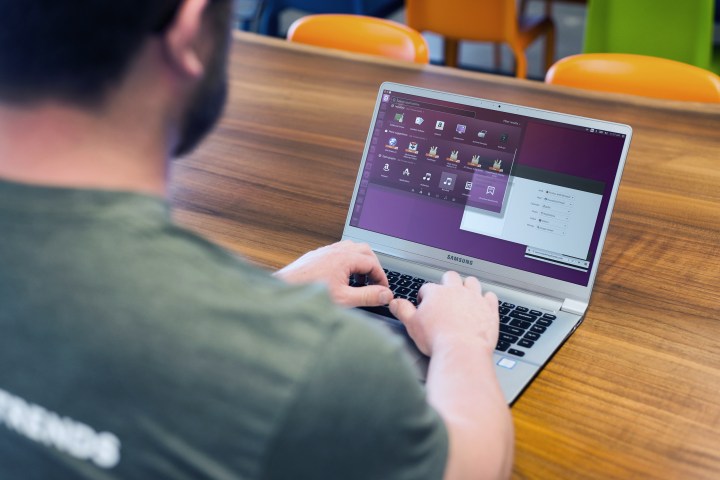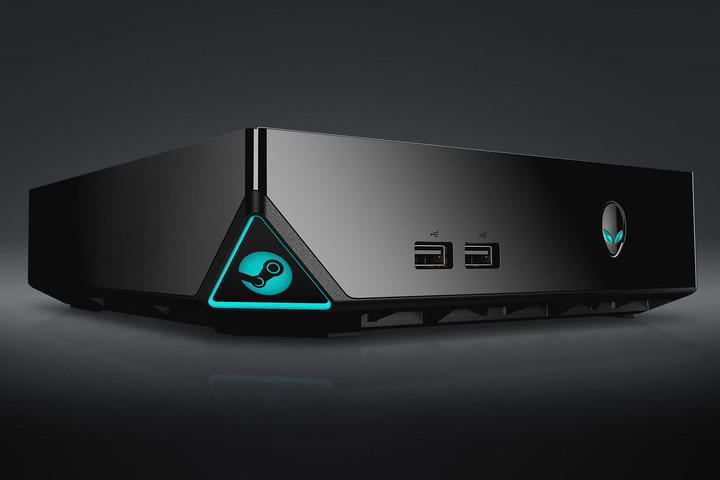
After all, the thinking went, why would people keep using expensive operating systems like Windows when Linux is free? Why would OEMs keep paying Microsoft, when the community can hook them up? Why would users put up with Windows, when Linux is clearly superior? The community just needed to spread the good news, and install Linux on the computers of our friends and family. They’d see the light, and the revolution would begin.
Like most myths, this idea was built on a combination of truths, half-truths, and confirmation bias. And like most prophecies, it hasn’t come true. While Linux inspires the kind of loyalty other brands would kill for, companies that once released Linux versions are now concluding it’s not worth maintaining them.
The year of the Linux desktop never came. Developers bailed. And some apps are starting to break for lack of maintenance.
Spotify for Linux is no longer actively maintained
Spotify has become the dominant force in music. Investment money keeps flooding in, and an IPO is near. But according to OMG Ubuntu, none of that funding is going toward the Linux Spotify client
“Nobody is working on Linux specific features,” a community rep told users in response to a bug. “So even though I have now added this to our internal bug tracker of things to fix, nobody is going through that list.”

Spotify is still offering regular updates, a port of the shared code base. But Linux-specific features like the tray icon are gone. There are serious dependency issues. And sometimes the app simply crashes while playing music. No one is actively working to fix any of this.
“Most new Linux releases will have no Linux specific changes,” said the company rep.
Users do have other options: There’s a web version of the service. But anyone hoping for a Linux client with native features is going to be disappointed.
Skype on Linux is rotting from lack of updates
Microsoft announced all kinds of new features for Skype last month, including a far-too-long demonstration of a potential pizza bot. Skype, apparently, is the future.
Unless you’re a Linux user; then using Skype feels like a trip to the past. The most recent Linux version of the app you can download is labeled as being for “Ubuntu 10.04,” a six-year-old release. And anyone who has used a recent Skype version on Windows will be forgiven if they think this screenshot is from 2009. It’s from today.

My colleague Chris Hoffman went through all of the missing features over at PC World, and they’re extensive. Joining ongoing calls frequently does not work. Sending and receiving photos and videos is unsupported. Even worse, if someone on another platform tries to send you a photo or video, there’s no indication it ever happened. You’ll only ever know if you check Skype on another device. If you’re talking with a Windows or Mac user, they might see a note informing them that your Skype client is outdated.
The last Skype update for Linux was in June 0f 2014. Microsoft hasn’t said whether an update is coming, only that there is no news. Linux users hoping to order pizza from a bot probably shouldn’t wait for Skype, because it’ll take way longer than 30 minutes for this to be fixed.
Flash for Linux will soon stop seeing security updates outside of Chrome
If you want the latest version of Adobe Flash in Linux, you have to install Google Chrome. Linux users who prefer Firefox, or any other browser, have access only to an ancient plugin from 2011.
This isn’t a new development. Adobe announced this way back in 2011, saying version 11.2 of the NPAPI Flash plugin for Linux will be the final version, only receiving security updates. Those patches were only supposed to be offered for five years, which suggests that May 4 2016 is the end of the line.

This means that if you’re using Firefox on Linux, the only version of Flash you can install — already ancient — will stop getting even security updates next month. Seeing how common security problems with Flash are, it’s probably a good idea to uninstall the plugin entirely.
Honestly, this is less of a loss than the other applications. The iPhone and iPad never supported Flash, Android’s brief support ended quickly, and much of the web has moved on entirely in favor of HTML5 protocols for media. But considering that Adobe is supporting Flash outside of Chrome on Windows and Mac, this remains disappointing.
Steam is still supported, but AAA games remain elusive
Gaming on Linux used to be a joke, but that’s changed in the past few years. A good chunk of the credit goes to Valve, and their game store Steam.
Valve takes Linux seriously. Worried that the Microsofts and Apples of the world will someday lock out third-party software vendors entirely, the company has put considerable effort into developing SteamOS, a Linux-based operating system. A few SteamOS devices have already come to market, but the reaction has been mixed at best.
But consumers aren’t sure what to make of them. Steam Boxes are not quite as simple as a console, but also not quite as customizable as a full-fledged gaming PC.

For this and other reasons, Steam’s efforts have not brought a massive flood of AAA games to Linux. Browse Steam’s list of Linux-compatable games and you’ll mostly see indie titles, with just a few AAA titles ported to Linux — only after they found success on Windows.
There’s no incentive for this to change. According to Steam’s own hardware survey, less than one percent of Steam users are on Linux, and usage share has been on a steady downward trend over the last year. Why put developer effort into a small platform?
Unlike the other apps listed here, Valve hasn’t abandoned Linux, and is actively promoting their Steam Machines. And certainly there are more great games available now than ever before, something longtime Linux users can be happy about right now. But for the average Windows Steam user, switching to Linux, means leaving a lot of games behind.
Linux will grow, but not on the desktop
For over two decades a geographically scattered combination of volunteers, for-profit companies, and nonprofits have built and maintained an ecosystem used by millions. The Linux desktop was, and is, an impressive feat. It’s a great hobby for curious users, and a great tool for power users.
But “the year of the Linux desktop” is mostly an in-joke at this point, even among Linux diehards.
Beyond the desktop ecosystem, Linux is thriving. Thanks to Android and ChromeOS, the Linux kernel is in more consumer hands than ever before. Millions of Linux servers power the web, and the Internet of Things trend means the Linux kernel is destined to spread to fridges, washing machines, and literal windows.
That’s probably little comfort to true believers, who still wish their OS of choice would replace Windows on PCs sold in stores. That’s not going to happen. But prophecies rarely come true exactly how they’re supposed to, and myths that last need to evolve in order to stay relevant.
If desktop Linux is going to be relevant, it needs a radical re-imagining. The old strategy of trying to replace Windows clearly isn’t working, and developers are noticing.


